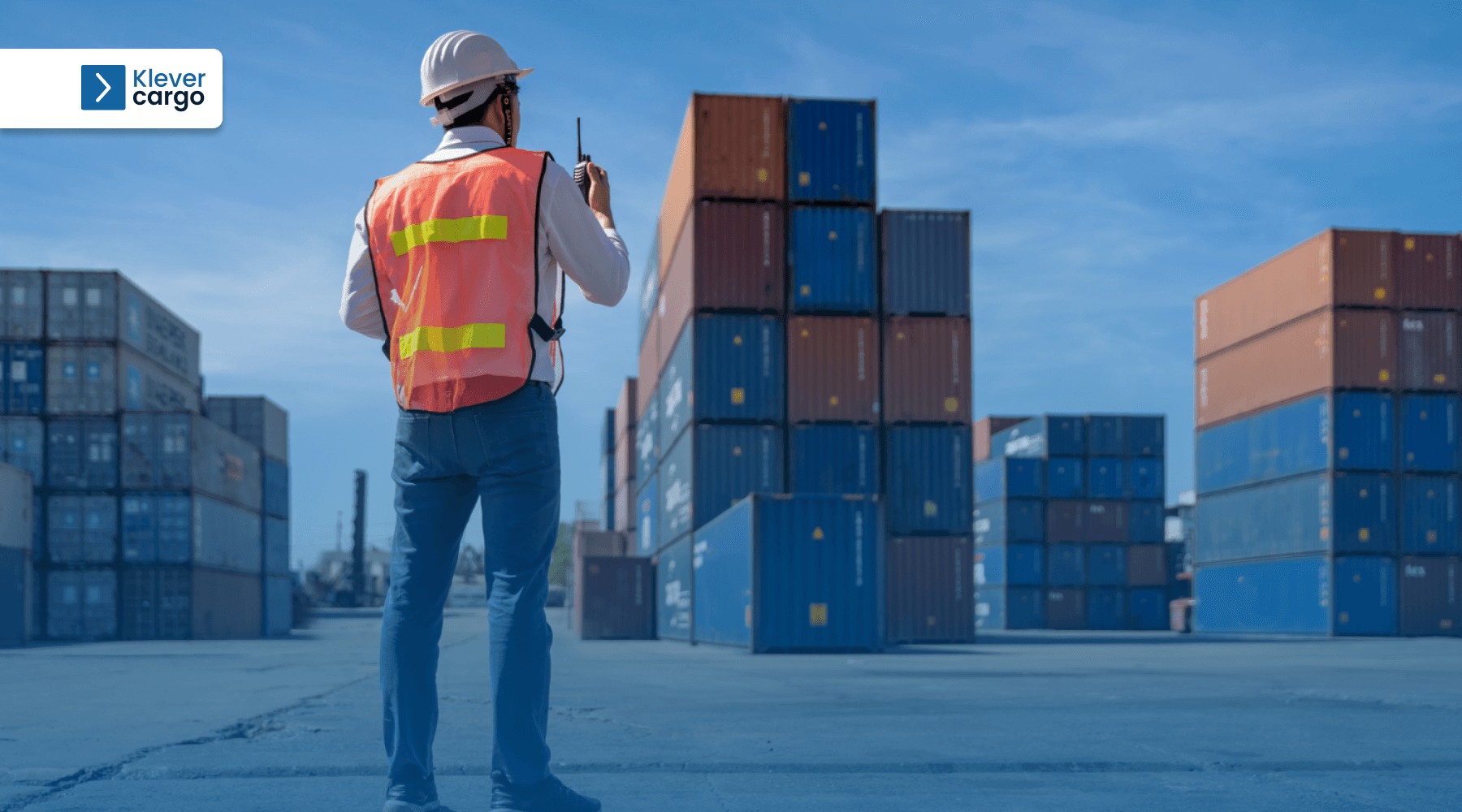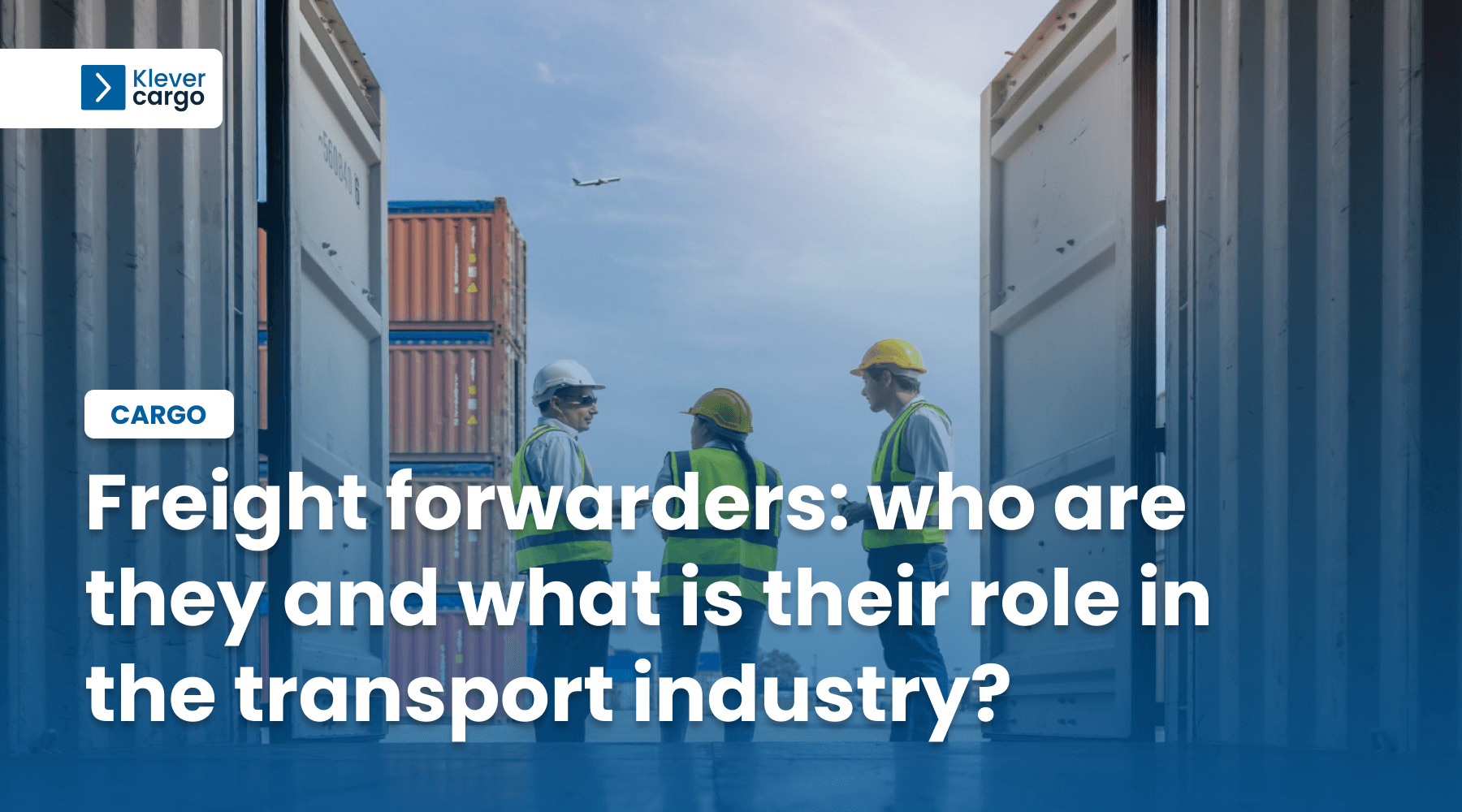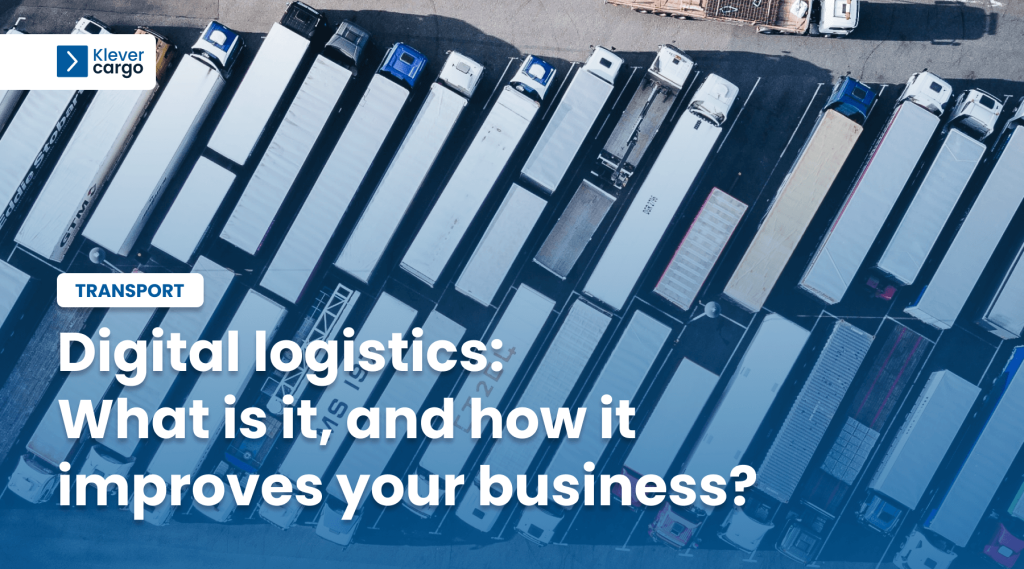A freight forwarders arrange the shipment of goods from one place to another on behalf of a shipper. They act as middlemen between the shipper and the carrier.
Many people confuse freight forwarders with shippers or carriers and consider them an unnecessary expense. However, freight forwarders have a unique and vital role in the transportation industry, which justifies their fees. Also, they aren’t solely focused on large companies – they work with businesses of all sizes and help them to manage their supply chain more effectively.
To better understand their role and responsibilities, we’ll cover what freight forwarders do and their role in the supply chain.
Who is called a freight forwarder?

Freight forwarders mainly work with shippers and carriers to ensure smooth delivery. But, they are connected with many other transport industry participants, as they all need to work together to ensure shipments are delivered on time and in good condition. To name a few, that includes:
- brokers,
- insurance providers,
- warehousing and distribution workers.
Freight forwarders aim to find their clients’ most cost-effective transportation options. Negotiating rates and routes with carriers is their expertise. Plus, they handle all documentation and paperwork. Also, they coordinate the movement of goods across different modes of transportation.
In addition to carriers, they work with customs brokers too. There are specific regulations and rules they must comply with. That’s where the freight forwarders step in and take care of all the documentation and the process itself.
They work with insurance providers, as well, since many shippers want to get cargo insurance. Of course, that is very helpful in protecting their cargo against loss or damage during transit.
That’s why freight forwarders are an essential link in the transportation industry. They connect shippers with carriers, customs brokers, and insurance providers to allow goods to be transported safely and at competitive prices.
Freight forwarders and shippers relationship

The freight forwarder can provide a range of services to the shipper. Those include:
- coordinating the movement of goods;
- arranging transportation;
- handling the documentation.
In addition, they can negotiate better prices for shippers due to their market knowledge.
On the other hand, freight forwarders will charge a fee for those services. That price will usually depend on things like the weight and volume of the goods.
The relationship between a shipper and a freight forwarder is built on trust and communication. As a result, they can both greatly benefit from each other. And on top of that, they can keep working together and generate more business quickly.
What is the role of a freight forwarder?

The role of a freight forwarder is to handle the logistics and control the transportation of goods. Their ultimate goal is to ensure that shipments are transported efficiently and cost-effectively.
-
Arrange transportation
Freight forwarders track the movement of goods from point A to point B. That involves multiple transportation methods, including land, sea, and air.
-
Prepare documentation
Freight forwarders are also in charge of the documentation. They prepare all the documentation for the shipment.
-
Manage customs clearance
Managing customs clearances is another duty of a freight forwarder. By managing them, they ensure the shipment complies with rules and regulations.
-
Provide insurance
Freight forwarders can provide insurance coverage for the shipment. By doing so, they protect the shipper against loss or damage of the goods.
-
Handle logistics
Freight forwarders provide various services related to logistics. That includes services like distribution, inventory management, or warehousing. To do so, they usually use a real-time matchmaking platform for road transport and logistics. With a platform, finding or posting a warehouse is much more convenient. They can also use it to find available loads, and handle logistics, as it’s all centralised in a single place.
-
Offer advice and guidance
A freight forwarder can offer advice and guidance to shippers. With their expertise, they can inform them of the best method of transportation. They can also suggest the most cost-effective routes. Finally, they can give significant input on the best logistics strategies for that client.
Differences between freight forwarders and freight brokers

Freight forwarders and brokers play essential roles in the transportation industry. However, they have different goals.
The main difference between them is that first ones are responsible for managing the entire transportation process. Second ones are only accountable for matching shippers with carriers.
Freight forwarders offer various services, like customs clearance, warehousing, and logistics management. Think of them as traffic cops for shipping, managing the entire process from start to finish. On the other hand, freight brokers can be viewed as matchmakers, as they connect shippers and carriers.
Is freight forwarding the same as logistics?

Freight forwarding and logistics are related, but they aren’t the same thing.
Freight forwarding is a part of logistics that refers to controlling the freight of goods from one place to another.
Logistics are much more comprehensive, involving various activities in the supply chain. Those activities include:
- production;
- inventory management;
- distribution;
- demand planning;
- supply chain management.
Advantages of freight forwarding

-
Efficiency
Freight forwarders can cover all the logistics and transportation needs much faster than shippers. Their experience in transportation, documentation, and negotiating prices can save shippers a lot of time and money. This allows shippers to focus on other important parts of the business and know that the transport and logistics are in safe hands.
-
Expertise
As mentioned, freight forwarders have great knowledge and connections in the industry. With that expertise, they can help shippers pick the best routes and transportation modes. Naturally, as logistics experts, they can also help the shippers choose the best logistics strategies.
-
Documentation handling
Taking care of the documentation is a vital part of the transportation industry. You must comply with all regulations and rules to avoid lawsuits or penalties. With the help of freight forwarders, shippers don’t have to worry about any documentation, as freight forwarders can easily take care of that.
-
Shared responsibility
When shippers and freight forwarders work together, they share responsibilities and obligations. When they share the commitment, the job gets done faster and more precisely. Furthermore, both of them will stick to the things they do best.
-
Connections
Freight forwarders have an extensive network of carriers, brokers, and other service providers. This allows them to get better prices and provide more services to shippers. Shippers can benefit from these connections by working with a freight forwarder and getting more transportation options.
Disadvantages of freight forwarding

-
Problem with cost transparency
One of the main disadvantages of freight forwarding is the lack of transparency around costs. Freight forwarders can have complicated fee structures. This makes it difficult for shippers to understand what exactly they are paying for.
In some cases, hidden costs may be added to the final bill, leading to unexpected expenses.
-
Quality control
Another potential disadvantage of freight forwarding is the issue of quality control. Freight forwarders usually work with various carriers and service providers. Since they can differ for each shipment, the quality won’t always be the same.
This can lead to issues like damaged cargo or missing a deadline.
-
Cost and fees
Freight forwarding can be expensive, especially for small businesses. As we covered, freight forwarders will provide various services for shippers. Naturally, as those services aren’t effortless, the freight forwarders will charge a hefty amount for them.
In addition, there may be additional taxes and tariffs that the shipper has to pay. When all these expenses add up, freight forwarding can be too expensive for some shippers. If so, they’ll usually opt to do those tasks themselves.
Important link of the transport industry

Freight forwarders are a vital part of the transportation industry. They are connected to every industry participant in one way or another. The strongest bond is with the shippers, as they benefit most from each other. They can make the shipper’s jobs significantly easier and ensure that everything runs smoothly without split ends.
Of course, freight forwarder have different methods and sources. They’ll always resort to a reliable platform like KleverCargo that will assist them in finding loads and warehouses and keep their documentation in a single place.
And just like they make the shipper’s jobs easier, the platform will do the same for the freight forwarders.


